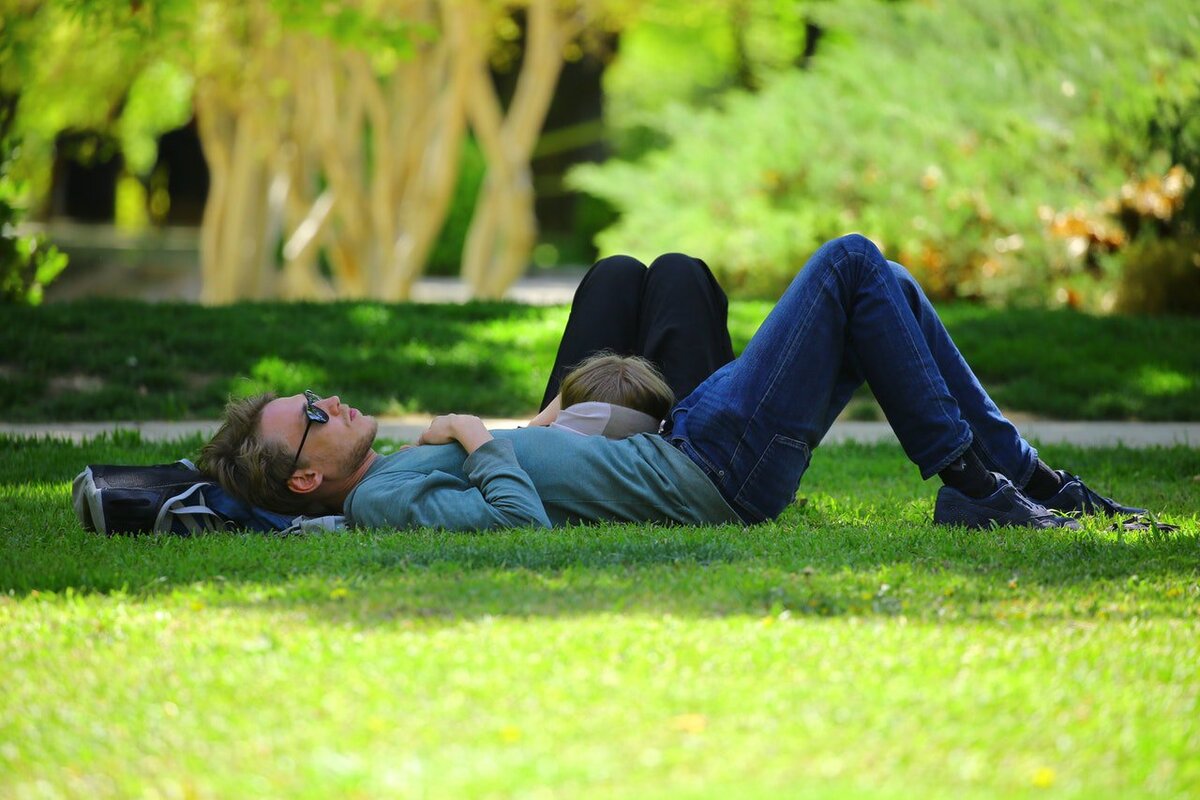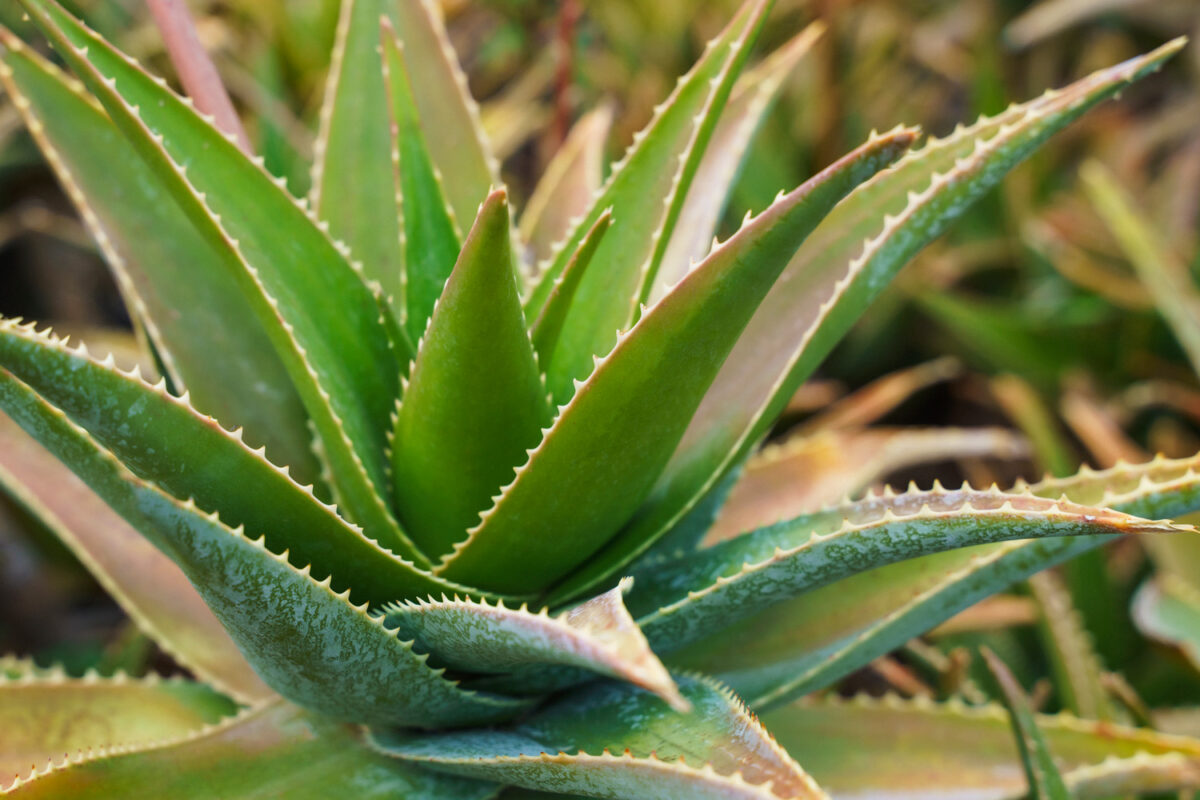Are you eagerly waiting for the day that the weather improves? As you can imagine, you are certainly not the only one. In fact, the Weather Channel and YouGov conducted a study and learned that about 29 percent of the general population experience Seasonal Affective Disorder (SAD) during the winter. This research was supported in an effort to bring to light the impact of changeable weather on public health.
SAD is a depressive condition that is believed to stem from low levels of sunlight. In turn, this affects the serotonin and melatonin levels in the brain. For context, these hormones are linked to sleep, appetite, and mood control.
People suffering from the condition are told to bask in the sunlight when they can and regularly exercise. These are efforts in stress level management. If you are a gardener, there is a very good chance that you already do these things on a regular basis.

Gardeners typically work during the day. Exposure to natural light is great at improving the production of vitamin D and the regulation of hormone levels. When you garden, you will have to move your body. From walking around your garden to mulching, you already get some exercise. While winter has shorter days, these things can still be performed.
Aside from the physical benefits, we should never forget that gardening involves mental activity at the same time. Mental stimulation comes in when you plan your garden and look around for possible improvements. In terms of emotional well-being, there is also something hopeful about preparing something that you can anticipate in the future.
When you find yourself in a worse mood during the winter, you might want to consider taking up gardening or focusing on your garden. There is nothing we can do about the temperatures, but we can at least manage our time better. In the end, we need to find something meaningful to do when we can’t spend our days outside. By focusing on gardening, you should be able to make it through the cold days more easily.


